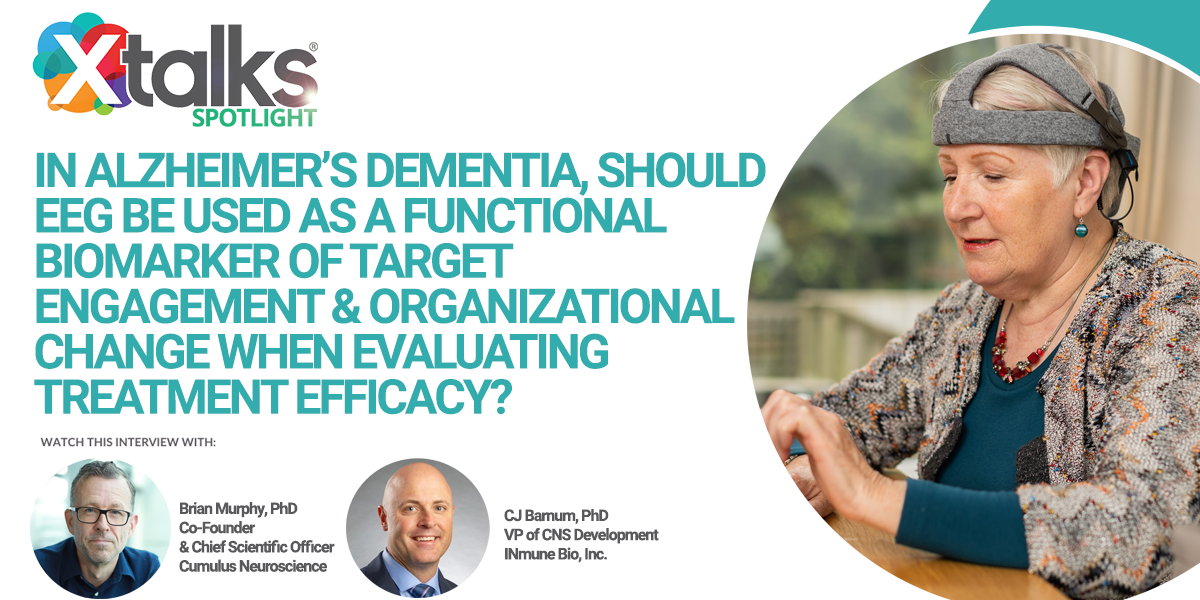Health economics and outcomes research (HEOR) and market access strategies play a critical role in ensuring that newly approved therapies are made available to patients. Professionals in these roles are facing new challenges when it comes to negotiating coverage for many of the new, innovative treatments that are coming to market.
HEOR involves the assessment of the economic implications and real-world outcomes of cutting-edge therapies, providing essential insights into their cost-effectiveness, patient outcomes and overall societal impact. This evidence is indispensable in garnering support from healthcare stakeholders and payers who must evaluate whether products offer value for money within constrained healthcare budgets.
Simultaneously, market access strategies navigate the intricate web of reimbursement processes, economic evaluation frameworks and pricing considerations. By harmonizing HEOR findings with targeted market access strategies, the path is paved for innovative treatments to achieve broader availability, benefiting patients.
“We are now moving into an era with pharmaceuticals where the kinds of products we’re bringing to market don’t always fit into our typical market access and health economic frameworks,” Heather McDonald, PhD, VP of Market Access and Pricing at AstraZeneca, told Xtalks.

VP of Market Access and Pricing
AstraZeneca
With over 20 years of experience in market access and pricing in the pharmaceutical industry, Dr. McDonald is uniquely qualified to comment on the challenges of HEOR and market access for innovative therapies and the effects of value-based healthcare on pricing decisions. She has worked both in country-level and global roles, working on all components of core market access areas: health economics, access strategy, pricing, government affairs and patient advocacy.
Dr. McDonald will be serving as the Chairperson for the upcoming Xtalks HEOR Peer Circle, an exclusive group of high-level professionals dedicated to finding collaborative solutions to shared challenges in their field.
Click here to learn about how you can participate alongside Dr. McDonald in this group of meetings, and read on to gain more of her insights into the future of market access for advanced therapies.
What types of product portfolios do you oversee now and have overlooked previously?
Dr. Heather McDonald: My previous role at Bayer was a global-level role with a specific focus on cell and gene therapies. In my current role, I have country-level responsibility for AstraZeneca’s entire portfolio, including cardiovascular, respiratory, vaccines and oncology. In addition, AstraZeneca just announced a major acquisition of Pfizer’s cell and gene therapy portfolio.
How is the shift toward value-based healthcare affecting drug pricing and reimbursement?
Dr. Heather McDonald: Value-based healthcare creates an opportunity for market access and pricing for some products in certain therapeutic areas; it is not the answer for everything. There is a world where the way we have done things up until now from a pricing, health economics and access perspective is well-suited to meet the needs of drug reimbursement stakeholders, and where we would probably keep doing it.
But we have a group of products in areas such as oncology, specialized medicine and cell and gene therapies, where traditional frameworks for drug reimbursement decision-making pose challenges both for manufacturers of innovative medicines and for drug reimbursement decision-makers.
Shifting into a value-based approach may offer more opportunity because it allows us to move into a space where there is more room to have a broader conversation around the value that your products are bringing to market.
Shifting into a value-based approach may offer more opportunity in these areas because it allows us to move into a space where there is more room to have a broader conversation around the value that your products are bringing to market.
Value-based contracting and pay-for-performance are not for every product, nor are they for every country. It’s not a one-size-fits-all, but it may create an opportunity in specific circumstances.
XTALKS PEER CIRCLE: HEOR Peer Circle
Members of this Peer Circle will gain access to other leaders in HEOER and market access and form a mini think tank to help solve pressing issues that they are facing in navigating new drug pricing and market access strategies for both traditional pharmaceuticals and innovative new therapies.
How do you make strategic decisions around products that are in the early stage of development and are still years from regulatory approval and launch?
Dr. Heather McDonald: You almost can’t start early enough when looking at how to optimize patient access for innovative medicines. In the specialized, personalized and advanced medicines spaces, this work should start very early — as early as Phase I or Phase II of clinical development. And there are a couple of reasons for that.
One of the biggest reasons is that the clinical development programs for these kinds of treatments are often accelerated, sometimes culminating in Phase II data readouts and regulatory submissions. Therefore, you need to start early so that you’re ready at Phase II.
You almost can’t start early enough when looking at how to optimize patient access for innovative medicines. In the specialized, personalized and advanced medicines spaces, this work should start very early — as early as Phase I or Phase II of clinical development.
In addition, there may be a huge amount of environmental shaping and engagement that needs to happen and those are long horizons. You need years and years to really effectively work with healthcare systems to make sure what you’re bringing to market is fit for the future, and also to make sure the markets are future fit.
Ideally, access and pricing functions should be informing how the clinical plans are built. The worst-case scenario is that you need to work with a product that’s been through Phase I, II and maybe III which hasn’t been developed with the payer value assessment frameworks in mind. So, you also need to be involved as an access person very early so that you can say to the company, “Hey, here’s what has to go in the clinical program. Here are the endpoints that payers care about. Here’s how we can best demonstrate the value of the product.”
Considering how challenging market access can be for large, established pharma companies, what does it look like on the small biotech level?
Dr. Heather McDonald: It can be difficult for biotech companies that are, very appropriately, focused on research and development but that are not necessarily resourced in market access and pricing. However, it’s really important to understand, from the outset, what is of value to payers, the challenges and concerns payers may have and to reflect as much of that value as possible during the clinical development phase.
Challenges in health economics and market access are universal, affecting large pharmaceutical companies and small biotech startups alike. To learn how you can tackle these issues alongside Dr. McDonald and other leaders in the field, check out the Xtalks HEOR Peer Circle.













Join or login to leave a comment
JOIN LOGIN